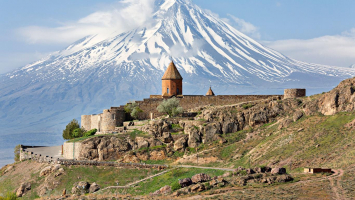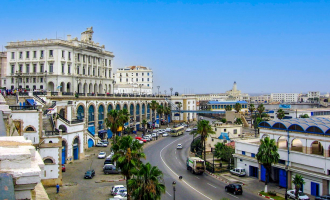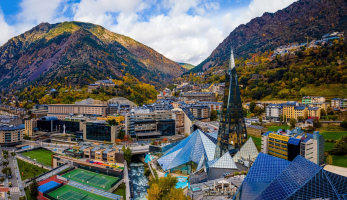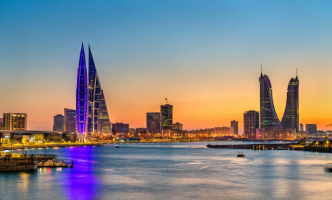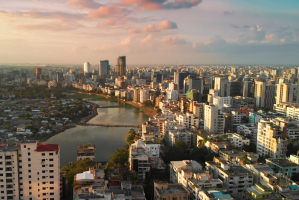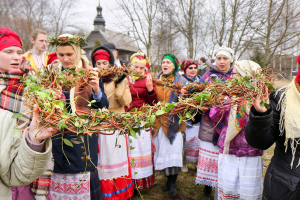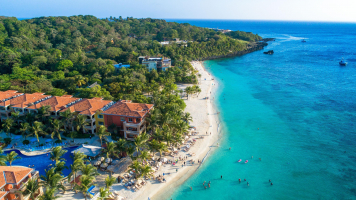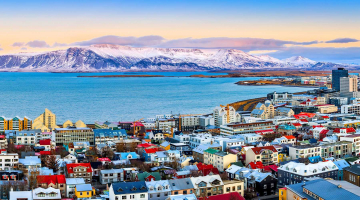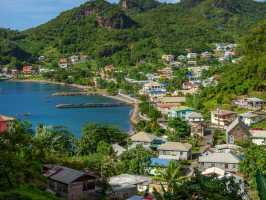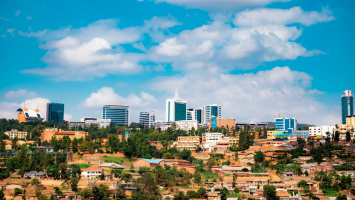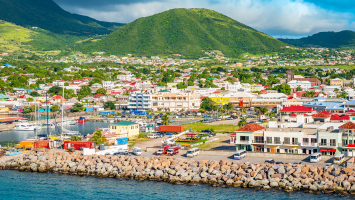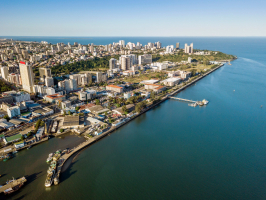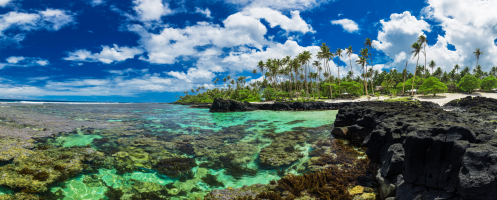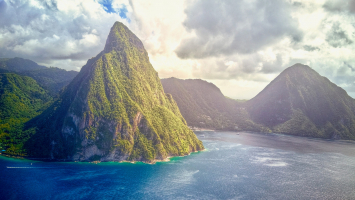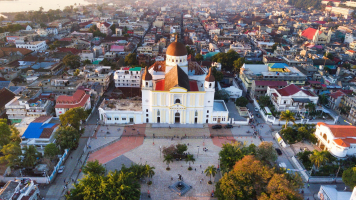Top 7 Unique Cultural Characteristics of El Salvador
El Salvador's traditions easily set it apart from any other country. Who else has a national holiday honoring the "capsule"? And what other country celebrates ... read more...Christmas with giant fireworks displays and specializing in green coffee beans? The following article is the unique culture in El Salvador and gives you a lot of good information when coming to El Salvador.
-
El Salvador is influenced by Colombia and Spain. Pupusa (tortilla) is a typical dish – hearty, basic and delicious. As with most Pacific countries, ceviche (raw marinated fish, usually fish) is a popular, seafood dish popular in coastal regions. Guests can enjoy grilled mussels, lobster and crab. Salvador has a wide variety of fresh fruits (bananas, pineapples, mangoes and papayas are popular) and minutas (crushed ice with fruit syrup) and fresh coconuts sold on street sidewalks everywhere. A light breakfast that can include fruit or HUEVOS picados (eggs with vegetables), SOPAS (soup) and mariscadas (seafood chowders) usually feature most menus in restaurants.
In San Salvador, there are many cafes and restaurants at Paseo General Escalon, at Zona Rosa and shopping malls like Metrocenter and Gran Vía. Casual eateries abound around the Boulevard de los area. International cuisines include Mexican, Chinese, Japanese, Italian, French and Argentinian. There are a lot of fast food and street food outlets in El Salvador. Santa Ana (El Salvador's second city) sells a lot of street food at Avenida Norte near laid-back sidewalk cafes. In smaller towns and cities, dining options are more limited.
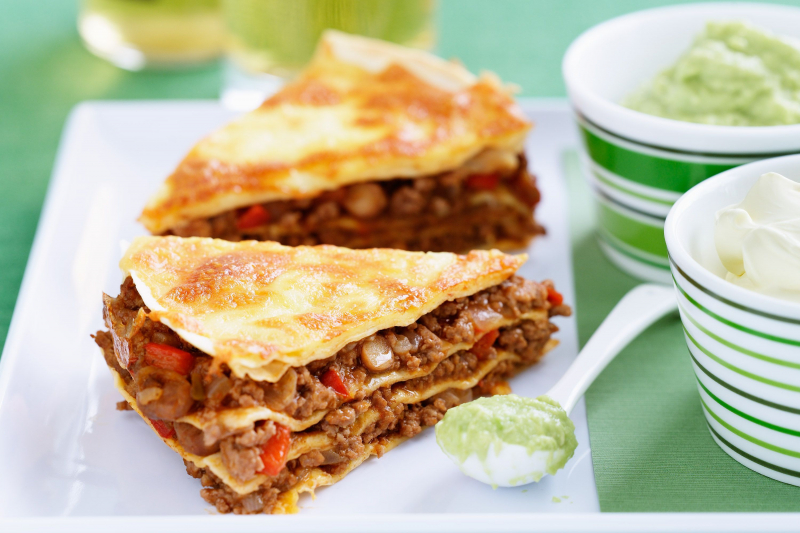
taste.com.au 
insanelygoodrecipes.com -
El Salvador's 2007 census records eight major languages spoken in the country, in addition to Spanish, which is the official language. According to the 2007 census, some Indigenous groups, such as Cacaopera (spoken by 0.07% of the population) and Nawat (spoken by 0.06%), speak their own languages. Other sources claim that Poqoman is one of the most widely spoken Indigenous languages in the country, whereas Cacaopera is thought to be extinct, and we have been unable to confirm these claims. According to the census, Indigenous immigrants from Guatemala and Belize who live in El Salvador speak Q'eqchi'. The wording of the census questions makes it impossible to determine whether any segments of the population are monolingual in languages other than Spanish.
The Spanish spoken in El Salvador is known as Salvadoran Spanish. Although the dialect is similar to those spoken in neighboring countries, there are significant differences in usage and pronunciation. The nation speaks and writes in Voseo Spanish, while Usted is primarily used to address foreigners formally. Caliche is El Salvador's local vernacular of Spanish. Caliche is distinct from Salvadoran Spanish in that it has its own set of lexical terms and colloquialisms. Caliche is primarily influenced by Nahuatl and is popular throughout the country's social classes. Professionals, on the other hand, avoid speaking Caliche because it is not considered "proper Spanish."
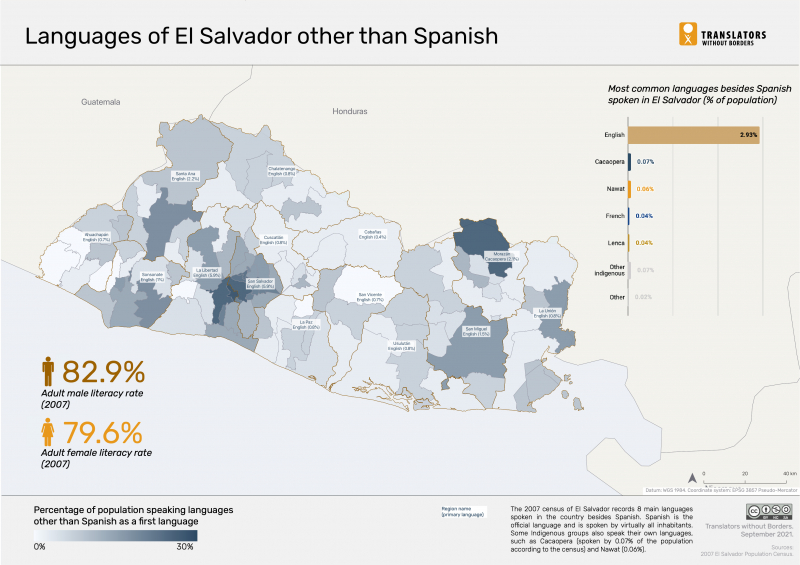
translatorswithoutborders.org 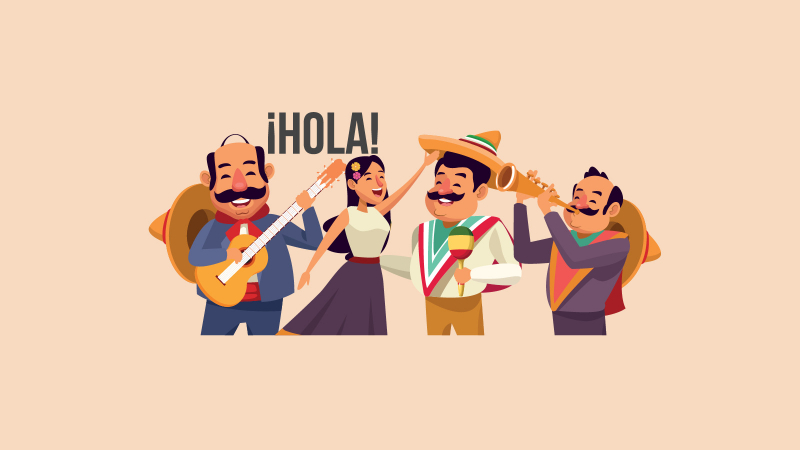
speakt.com -
El Salvador, as a Hispanic country, has always had a strong Roman Catholic identity. In the late 1980s, the majority of Salvadorans were at least nominal Roman Catholics, and church rituals pervaded the nation's culture and society. Church attendance remained important, especially for women, church sacraments and ceremonies such as baptism and confirmation were observed, and fiestas were held to honor patron saints of villages, towns, and cities. Nonetheless, El Salvador was more secular than its Central American neighbors. Birth control programs were implemented in the late 1960s with less opposition than in other parts of Latin America.
Marriage--in a religious or civil ceremony--was not as prevalent in El Salvador as in many other Latin American countries (this situation also reflected the strain exerted on social institutions by persistent poverty); many Salvadoran couples, especially in rural areas, lived together in common-law or free unions, many families were headed by women, and many children were born out of wedlock. Lastly, the ritual kinship practice of compadrazgo (selecting godparents for children) was becoming less widespread and less important in El Salvador.
Although the Roman Catholic Church, as represented by its hierarchy, was conservative in doctrine, a strain of reformist Catholicism known as "social Christianity" emerged in El Salvador, as well as elsewhere in Latin America, in the 1930s in response to the hardships, uprisings, and repressions of the time. Social Christianity, which remained popular until the early 1960s, emphasized the responsibility of lay people to address social ills without waiting for the religious hierarchy, represented by its priests, to act. Although this movement did not advocate for fundamental changes in the country's social and political structures, it did advocate for improvements by working within the existing political order.
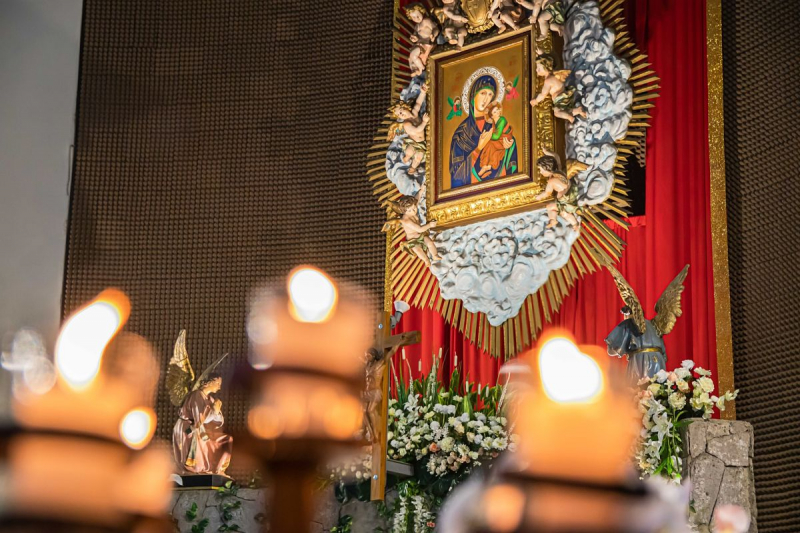
worldatlas.com 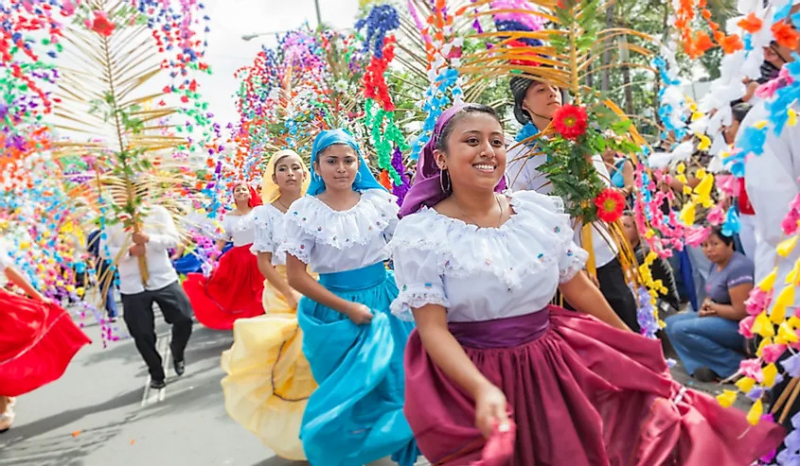
worldatlas.com -
El Salvador has also experienced a bloody civil war, devastating natural disasters, and a pernicious gang problem. Despite these difficulties, Salvadorans have an uncanny resilience, as well as a wonderfully endearing friendliness and hospitality toward visitors. As their guest, keep in mind that this is a conservative culture in which politeness and respect are expected of both foreigners and locals. Here's a primer on making a good first impression:
- Meeting and Greeting
- Salvadoran women often pat each other on the right forearm or shoulder, rather than shake hands.
- Close friends may hug and kiss on the right cheek.
- Men shake hands with other men and with women, although they wait for the woman to extend her hand.
- While shaking hands, use the appropriate greeting for the time of day: "buenos dias"(good morning), "buenas tardes" (good afternoon), or "buenas noches" (good evening).
- In many ways El Salvador is a formal culture where only close friends and family use first names.
- Refer to people by the appropriate honorific title (Senor or Senora) and their surname until invited to move to a first name basis.
- Gift Giving Etiquette
- Salvadorians give gifts for birthdays, Christmas or New Year, as well as religious events in a person’s life.
- A young girl’s 15th birthday is considered a special date and is much celebrated.
- If invited to someone's home, bring flowers, good quality spirits, pastries, imported sweets for the hosts.
- A bouquet of roses is always well received.
- Do not give lilies or marigolds as they are used at funerals.
- Do not give scissors or knives as they indicate you want to sever the relationship.
- If you know the person well, perfume is an excellent gift.
- Gifts are generally opened when received.
- Dining Etiquette
- Salvadorans enjoy socializing and are extremely hospitable.
- It is rude to leave immediately after eating; you are expected to stay for at least an hour after dinner to converse with your hosts and the other guests.
- Never arrive on time when invited to a home. Although it may sound strange you should arrive a little later than invited, i.e. 30 -45 minutes late.
- Dress well as this affords the host respect.
- Don’t discuss business at social events unless prompted to.
- It is considered good manners to reciprocate any social invitation.
- Table manners are Continental -- the fork is held in the left hand and the knife in the right while eating.
- Guests are served first.
- The host says "buen provecho" ("enjoy" or "have a good meal") as an invitation to start eating.
- Food is always eaten with utensils. Even fruit is eaten with a knife and fork.
- It is considered polite to leave a small amount of food on your plate when you have finished eating.
- Tipping
- Tipping isn’t really part of the culture in El Salvador.
- You will find that most restaurants include a 10% tip in their bills and, although you can give an additional tip, it’s not expected.
- Likewise, tips are not expected by taxi drivers or other service providers.
- However, if you choose to give a tip to porters in a hotel for carrying your baggage, then this is a more common practice.
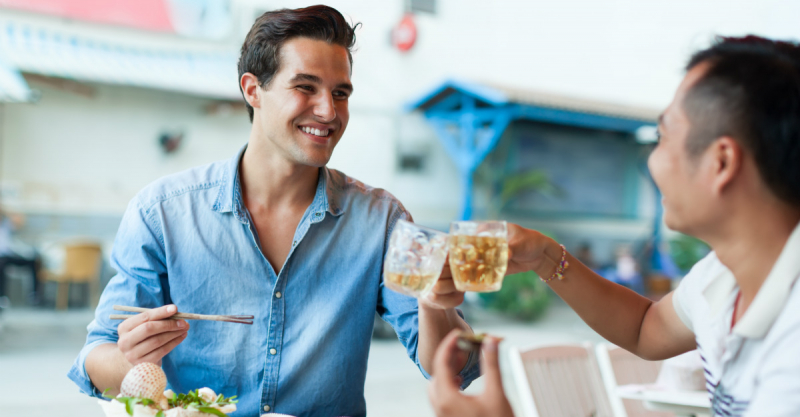
abouther.com 
abouther.com - Meeting and Greeting
-
During the Spanish colonial rule in El Salvador, written literature flourished. Prior to that, the majority of literature was delivered orally. As a result, the country has a rich heritage of folklore and legends. Literature written by Salvadorans in Spanish began to appear as formal education in Spanish became available during colonial rule. Initially, the majority of this work was religious in nature. In the later years of colonial rule, non-secular Salvadoran written literature emerged in the form of historical accounts, short stories, novels, and so on. Today, Salvadoran literature is a large body of work with a lot of content.
Animals, village life, and cultural celebrations are common themes in Salvadoran folk art. The bright colors in the folk paintings make them visually appealing. Street art is a popular way for people to express their feelings and thoughts. Bright paintings on the exterior walls of homes and other buildings are common. El Salvador is also well-known for its handicrafts. Some of El Salvador's indigenous crafts include Ilobasco pottery, San Sebastian processed textiles, Concepción de Atacó woven religious imagery, and Guatajiagua red and black pottery.
El Salvador also produces and exports a large number of hammocks. It is frequently referred to as ""The Valley of Hammocks." The country is known for its "hammock culture." "where almost every home, regardless of social class, has a hammock hung in their porches, outdoor courtyards, or living rooms Salvadorans enjoy using hammocks for afternoon naps and to unwind after a long day at work
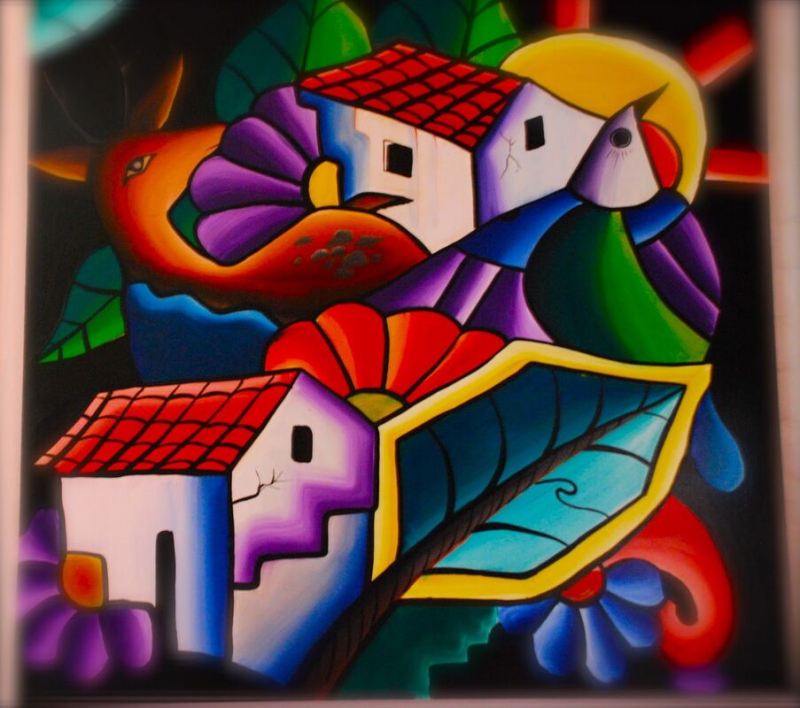
vosdesalvador.wordpress.com 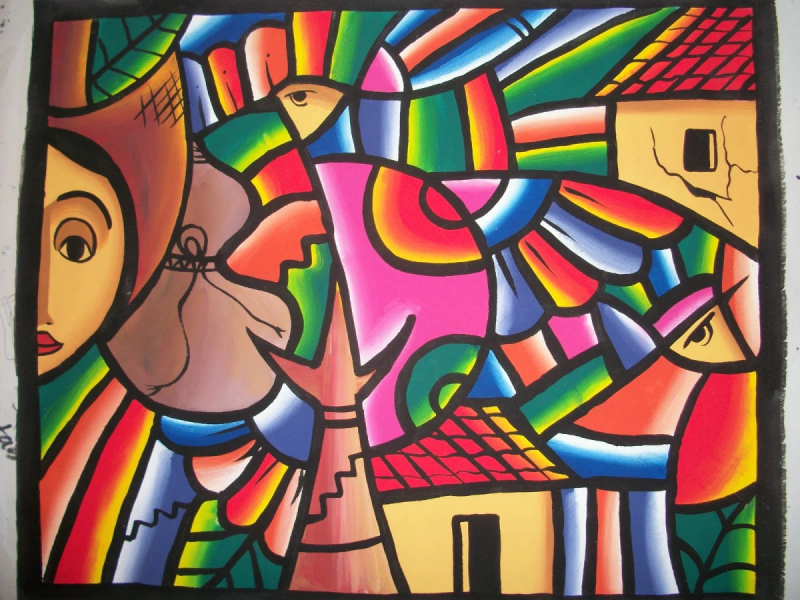
vosdesalvador.wordpress.com -
El Salvador literally means "The Savior," and for many people, it appears to be just that. It is both the smallest and most densely populated country in Central America. Football is the most popular sport in El Salvador, as it is in the rest of the Americas. Their national football team had qualified for the FIFA World Cups in 1970 and 1982.
Their qualification for the 1970 tournament was quite interesting due to what was dubbed the "Football War" with Honduras, whom they defeated. One of their most well-known players is Jorge "El Magico" Gonzalez, who is not only well-known in El Salvador but is also regarded as one of the best Central American football players in history. Gonzalez' partner in leading the national team to the 1982 World Cup was Jaie "La Chelona" Rodriguez.
El Salvadorians also enjoy basketball and boxing. El Salvador has sent athletes to the Summer Olympics since 1968, when they were held in Mexico City. They did not compete in the 1976 and 1980 Games, which were held in Montreal and Moscow, respectively. They then competed in the Olympic Games until the 2012 London Games. El Salvadorans have competed in 118 Olympic Games but have yet to win an Olympic medal.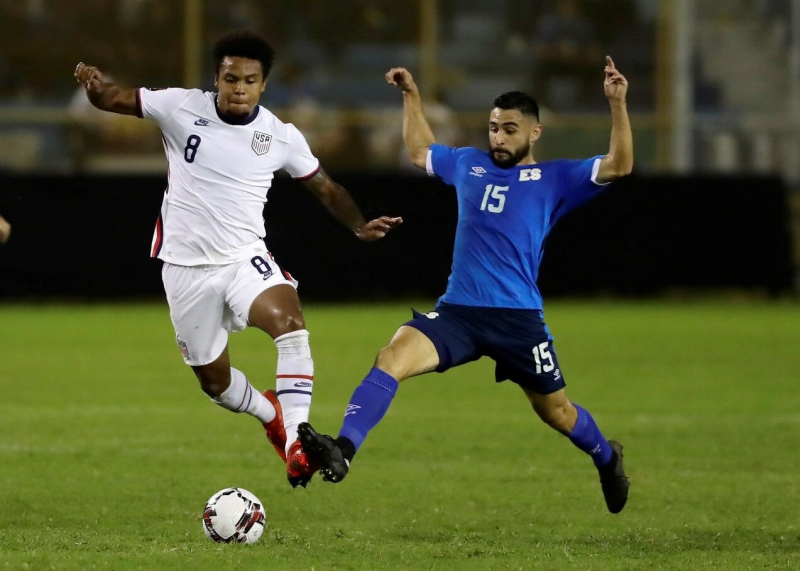
reference.com 
nytimes.com -
Understanding El Salvador's business etiquette requires effective communication. When approaching Salvadorans, don't be surprised if they discuss their friends, family, and food just as much as they discuss business. However, keep in mind that Salvadorans will openly express their interests and business objectives, so your business goals, processes, and requirements must be clear and specific.
You must also maintain constant communication. Once Salvadorans have a general idea of the project they want to undertake, they will want to discuss specific dates and details. There are other effective ways to communicate with a Salvadoran. While shaking hands, use the appropriate greeting for the time of day: “Buenos días”(Good morning), “Buenas tardes” (Good afternoon), or “Buenas noches” (Good evening). El Salvador is a formal culture where only close friends and family use first names. It is important to refer to people by the appropriate honorific title (Señor or Señora) and their surname until invited to move to a first-name basis.

bizlatinhub.com 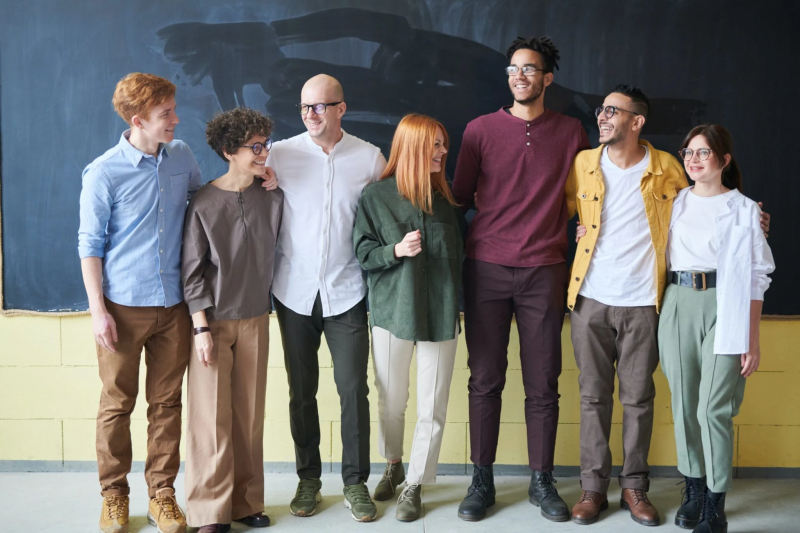
bizlatinhub.com









